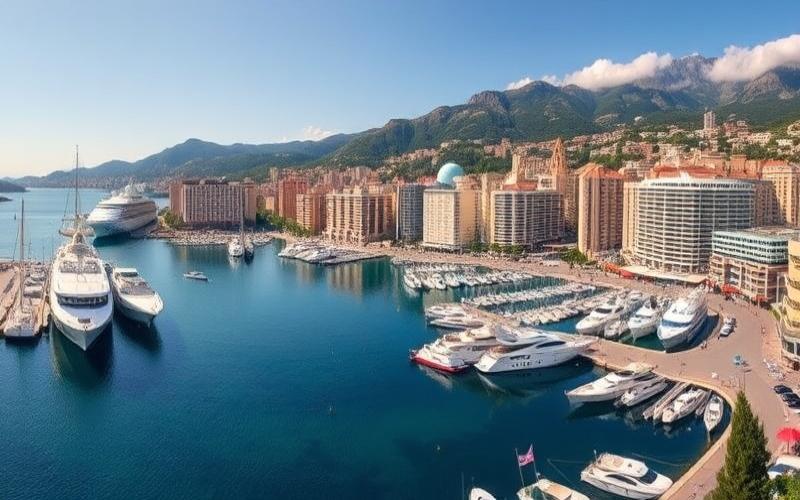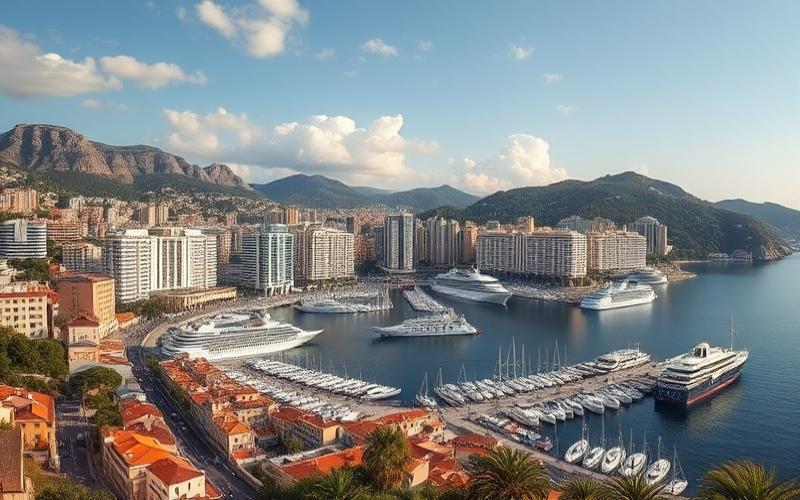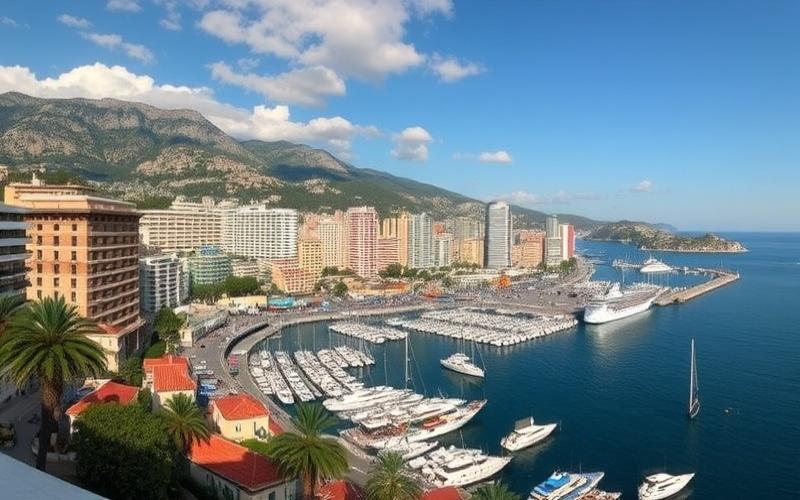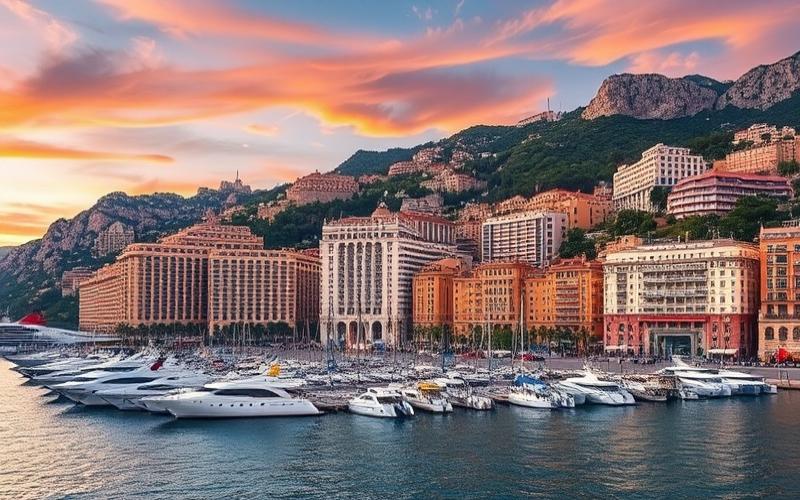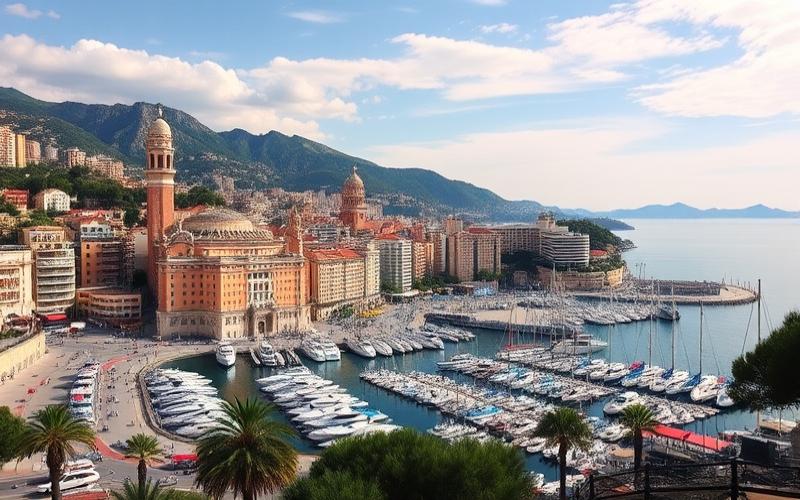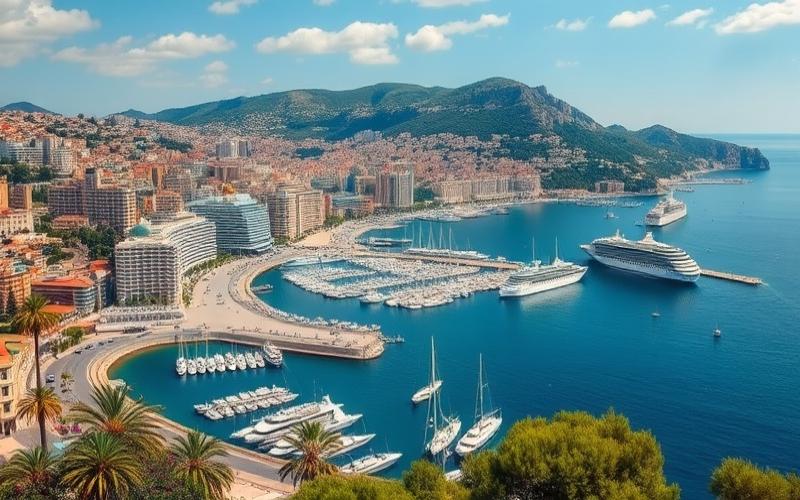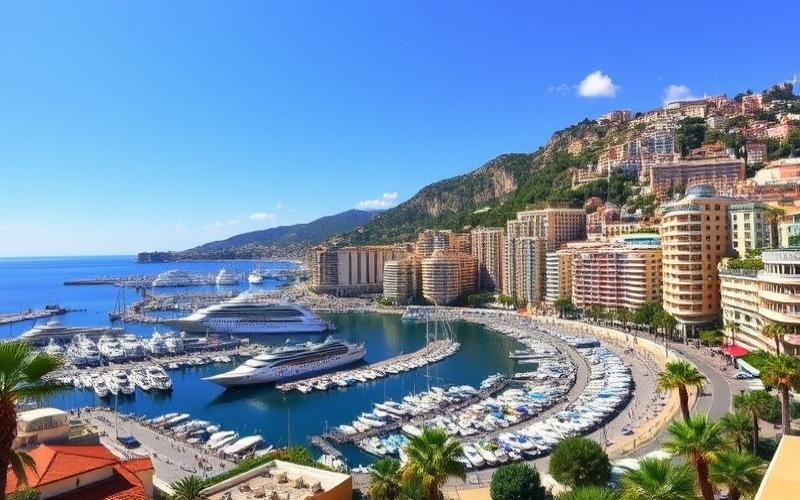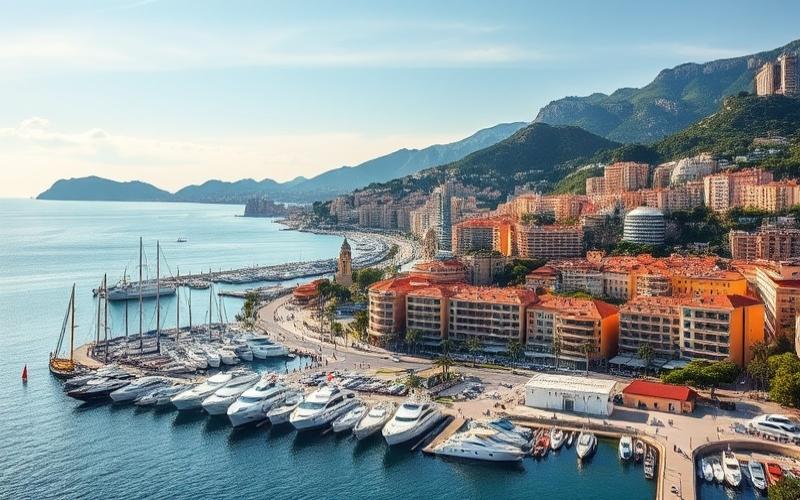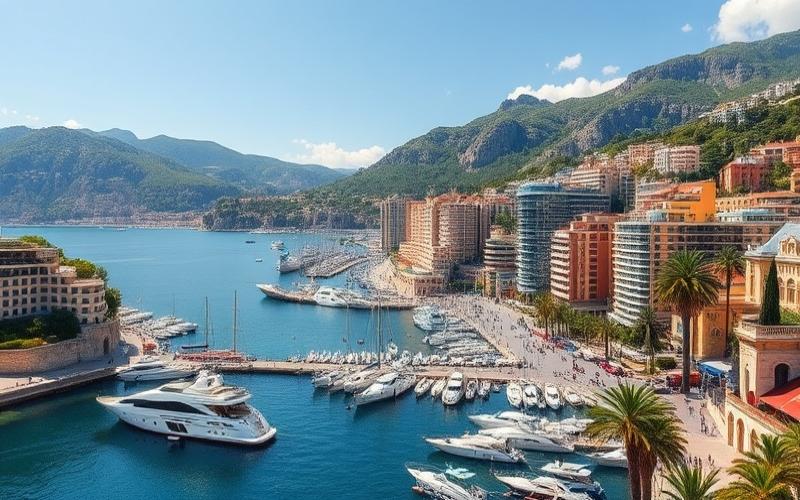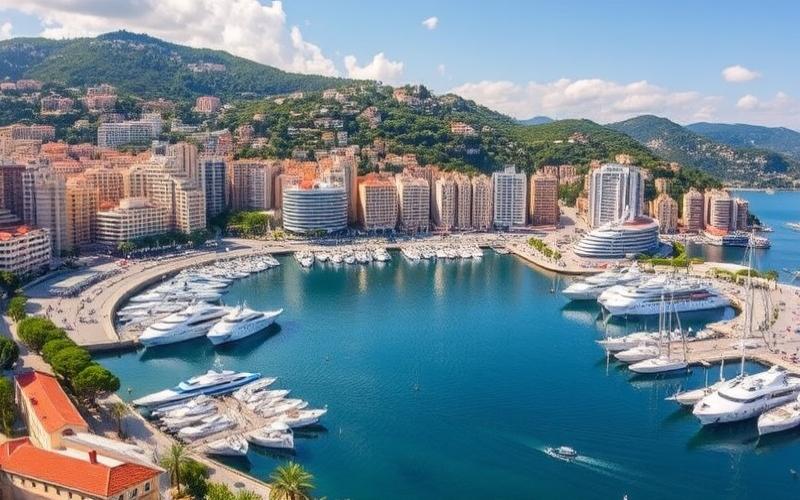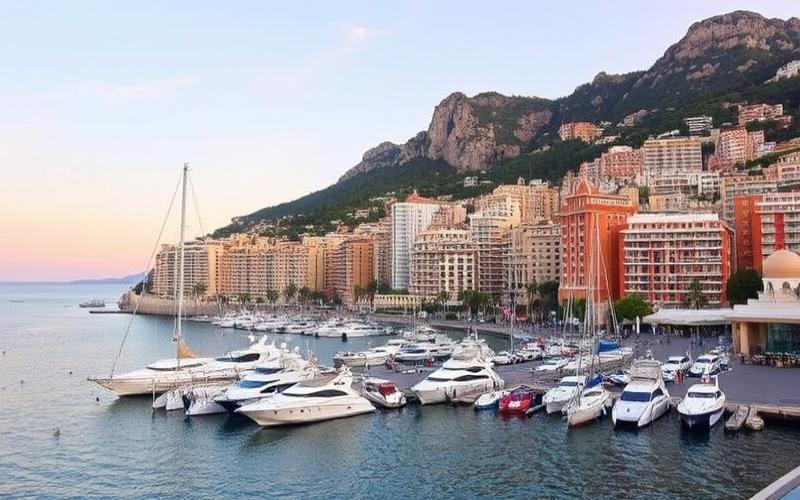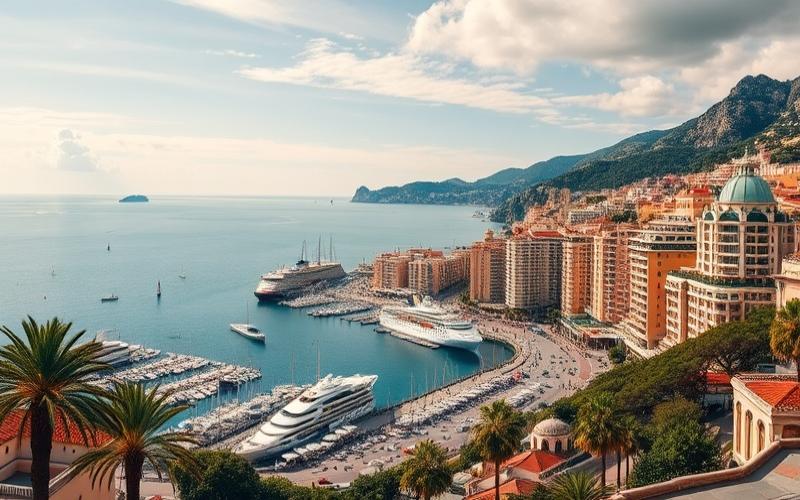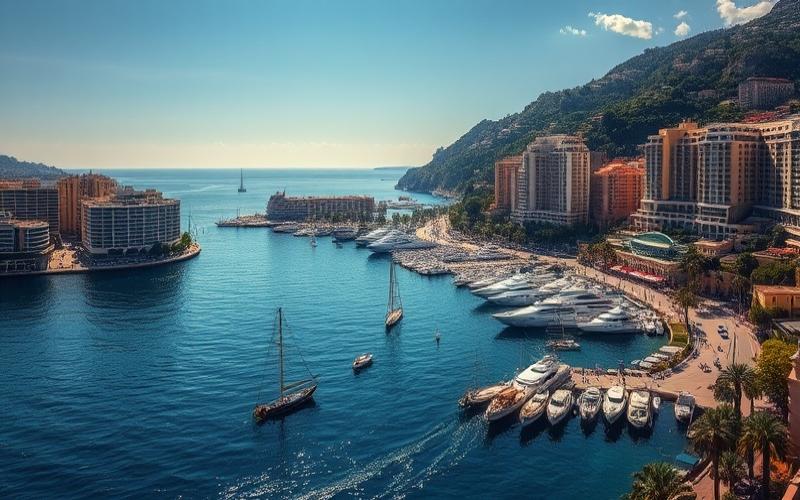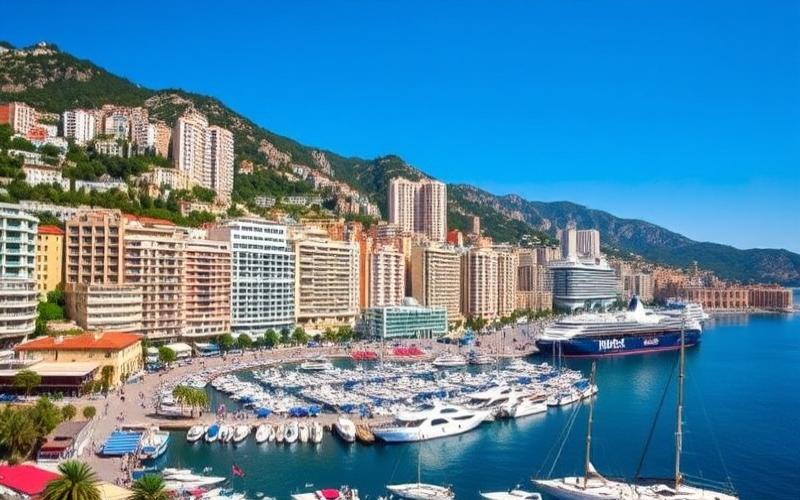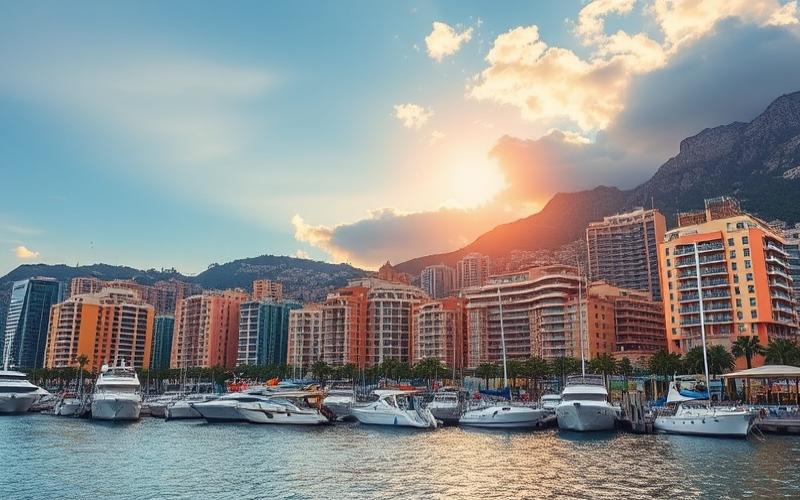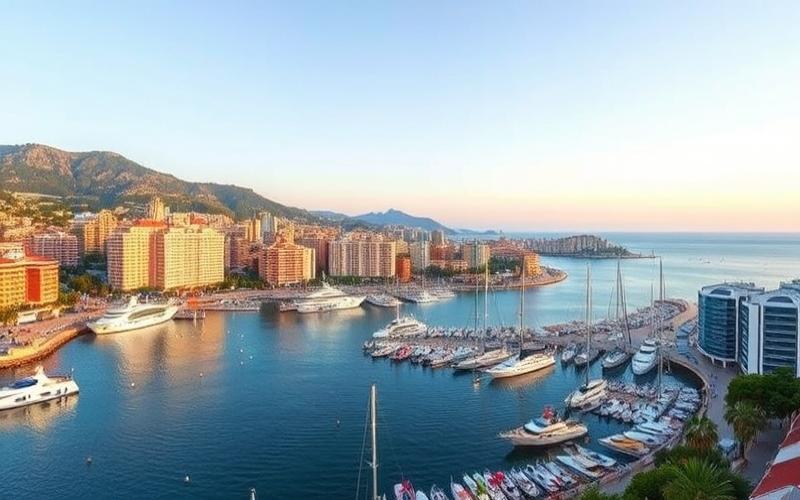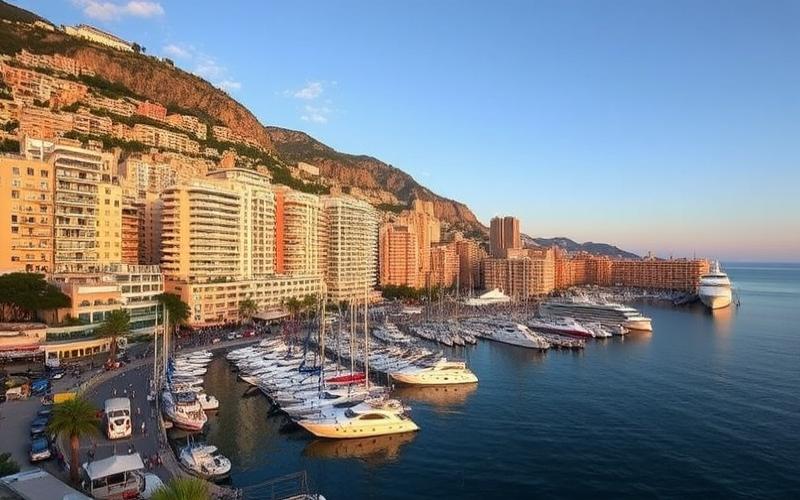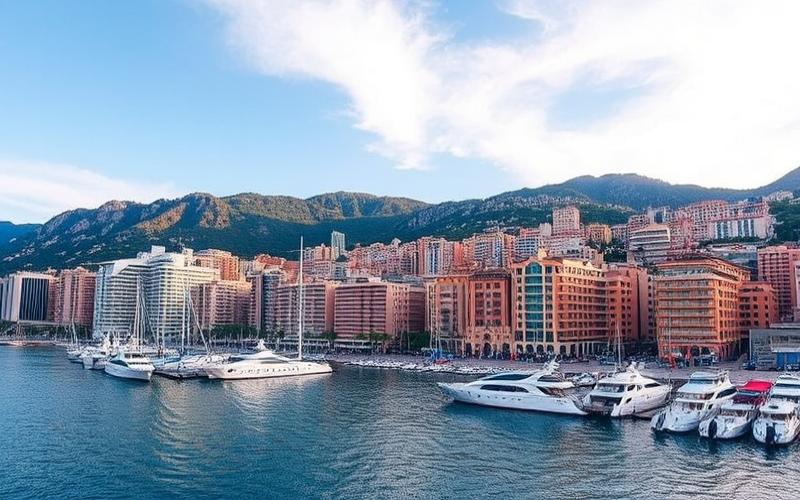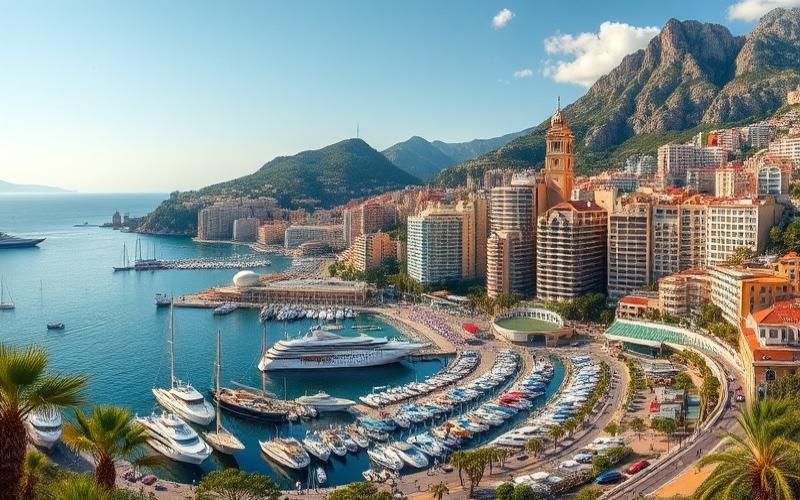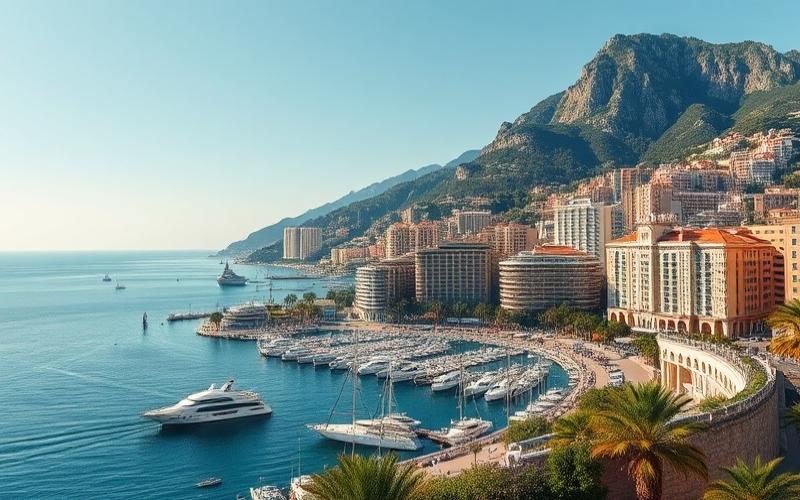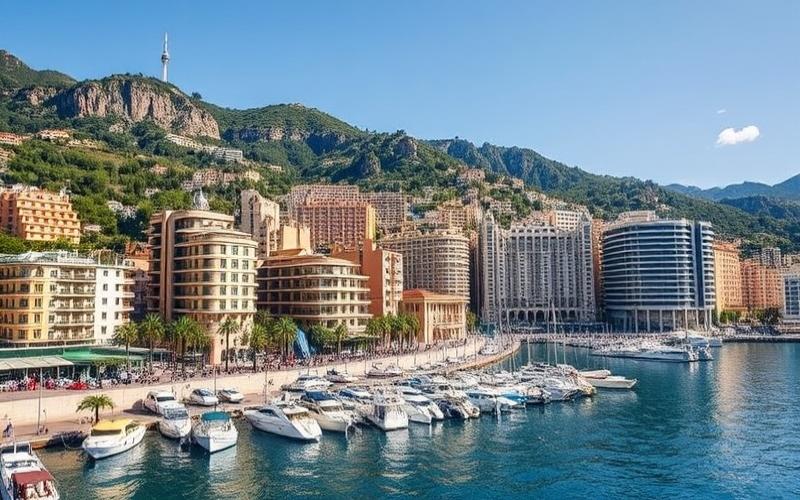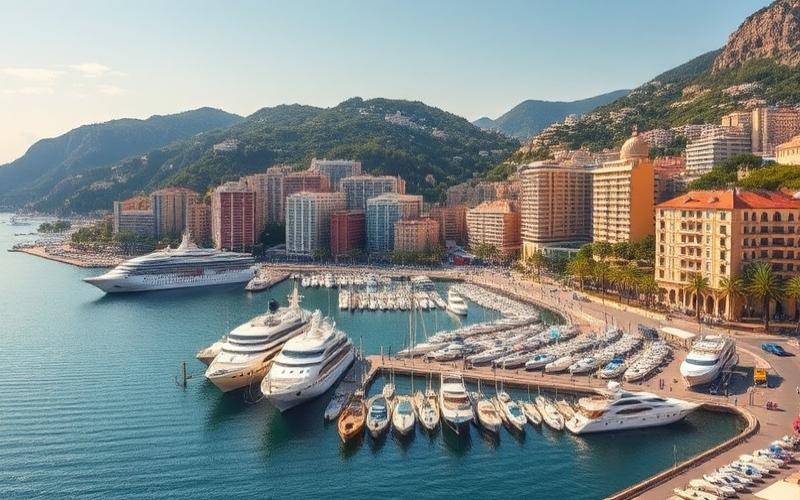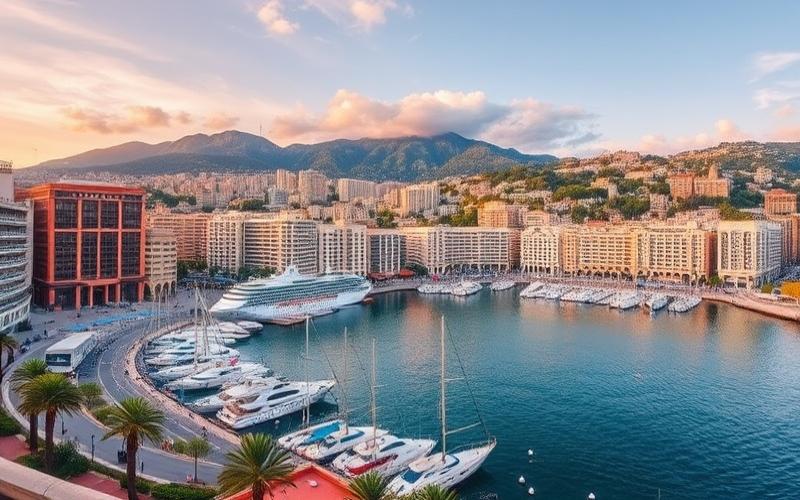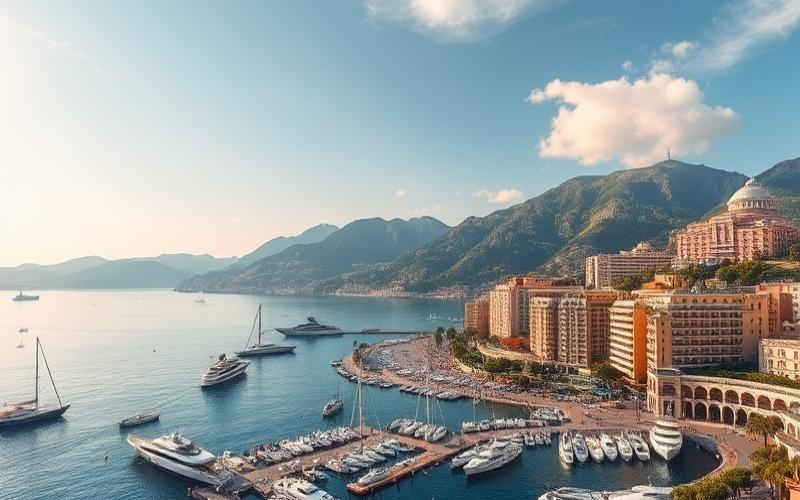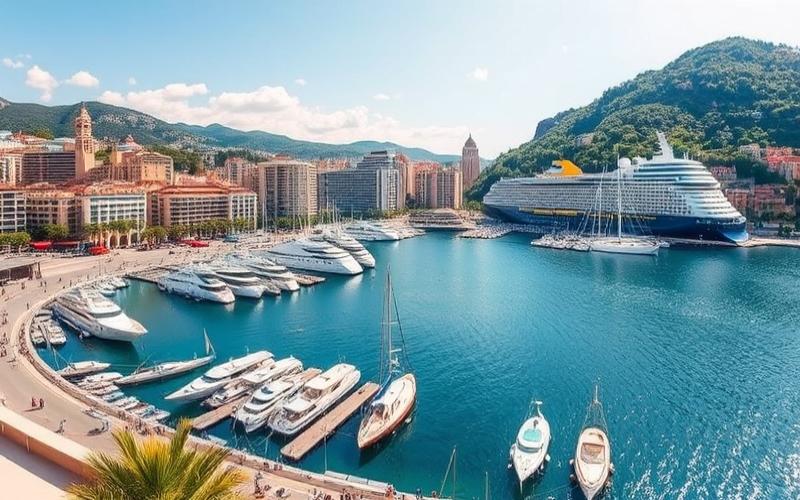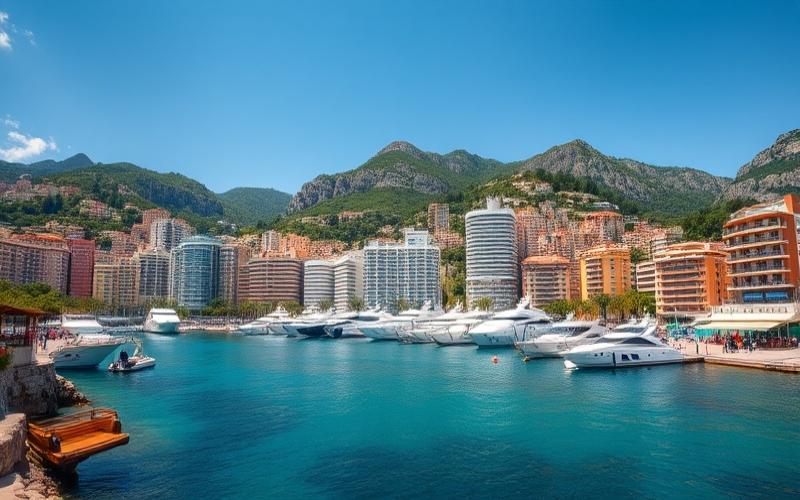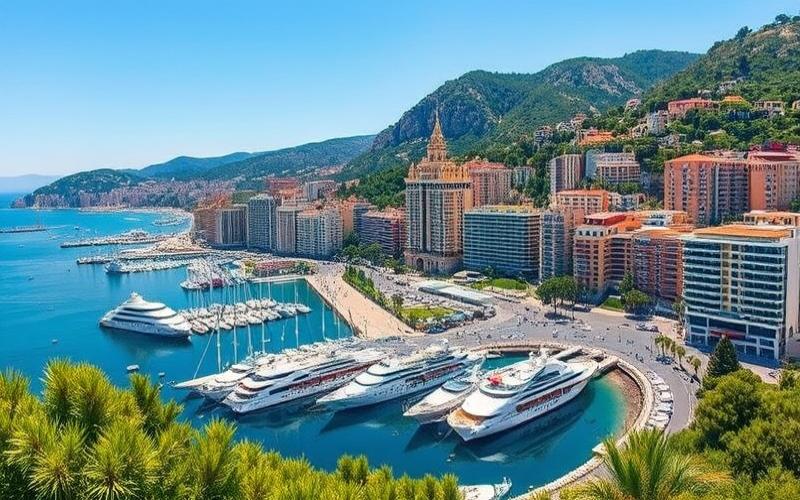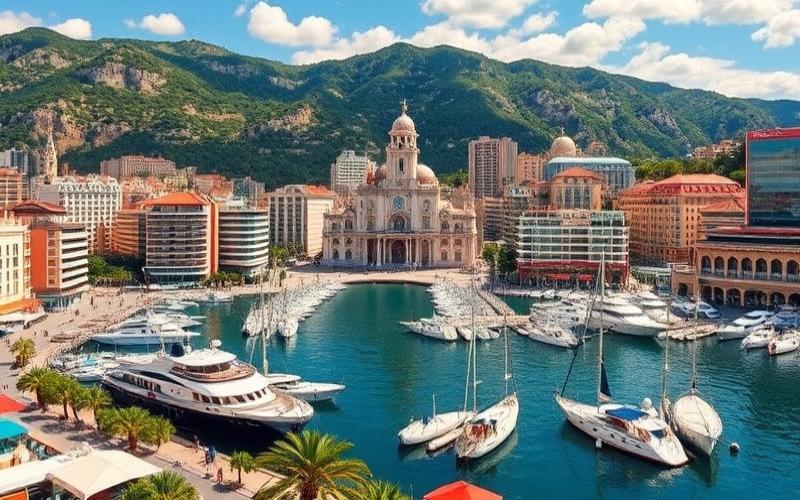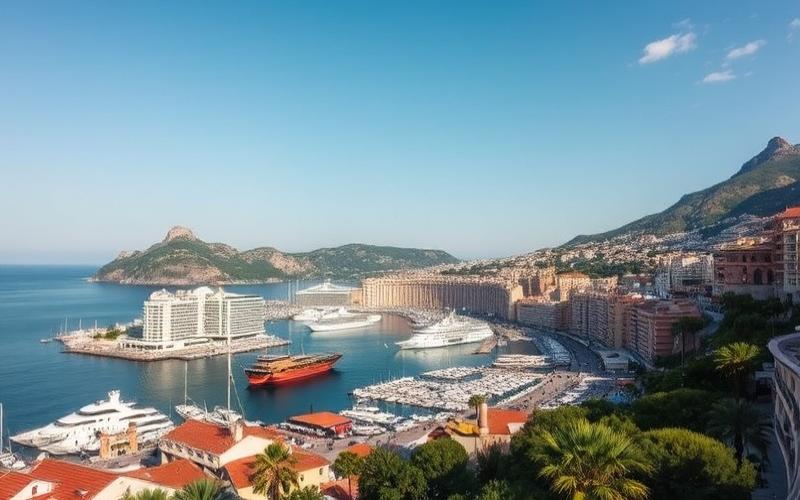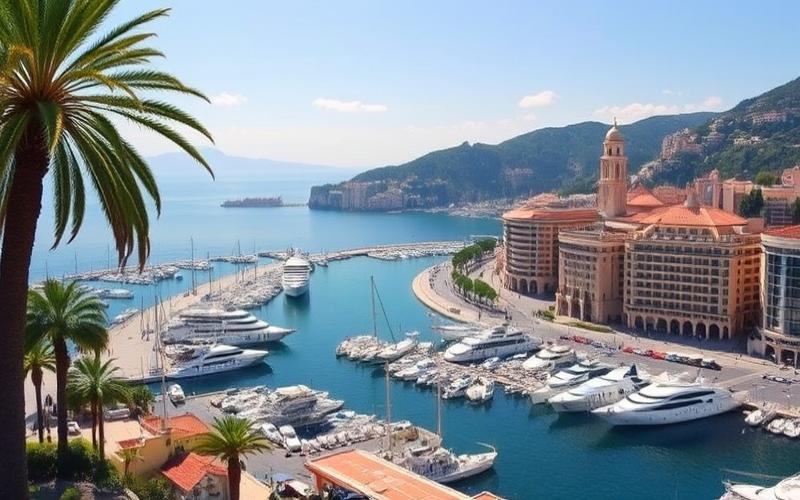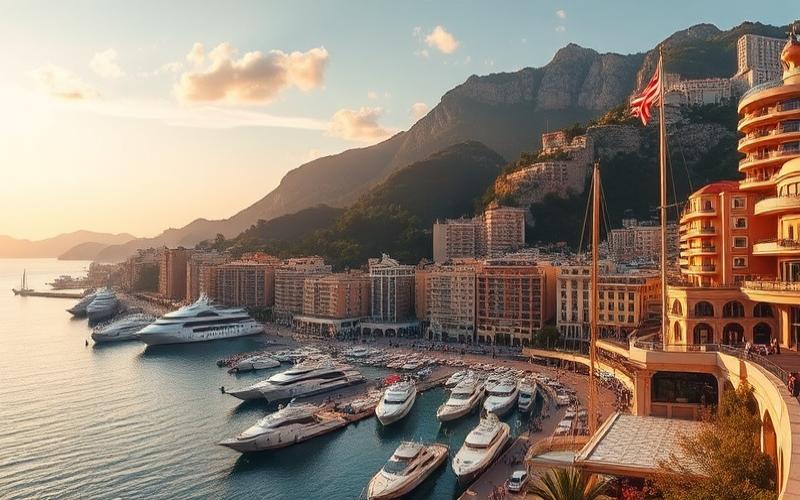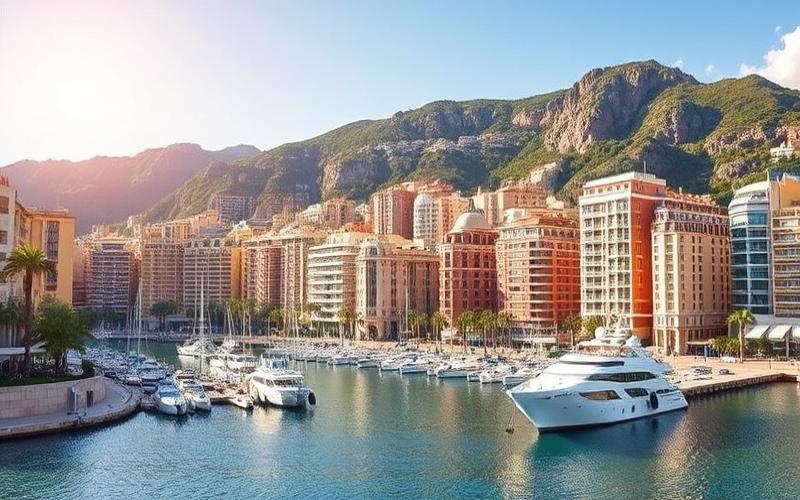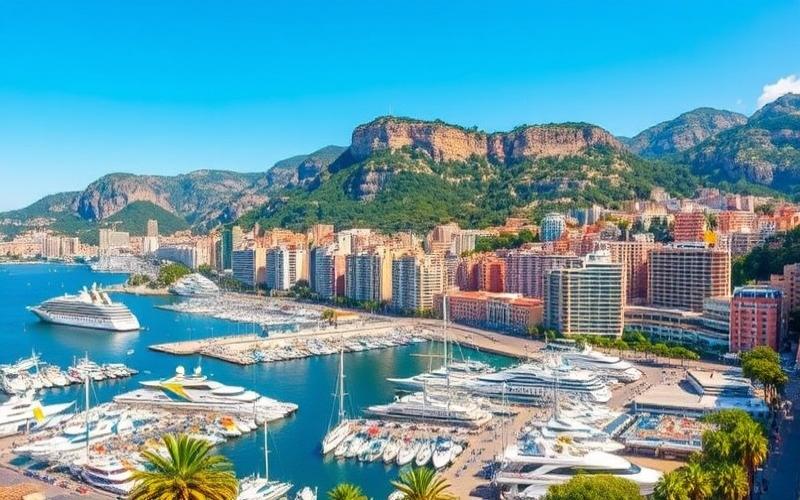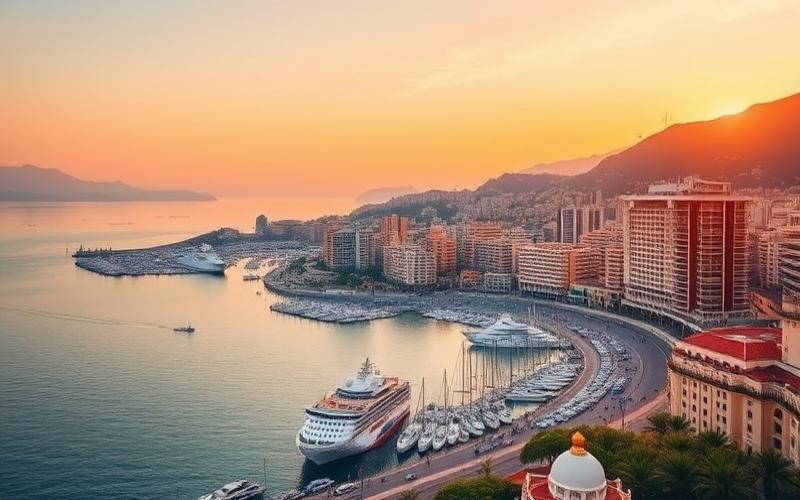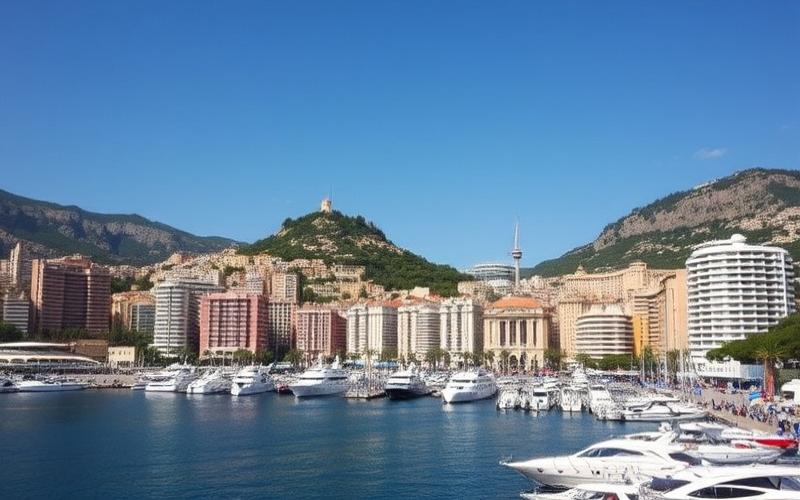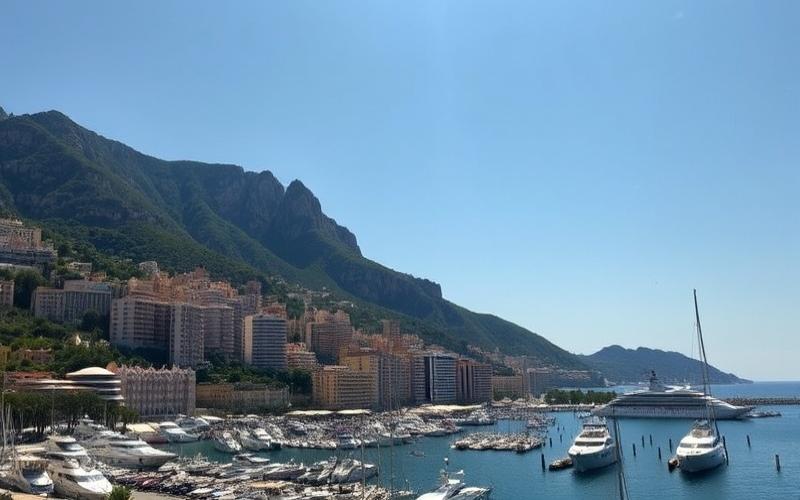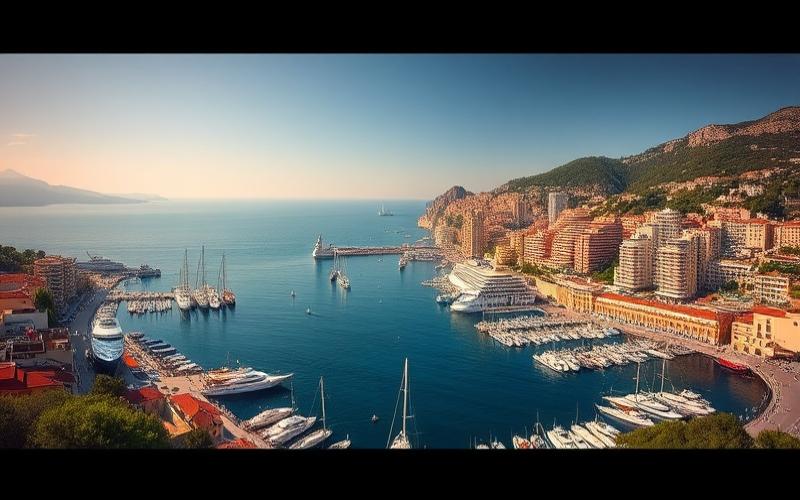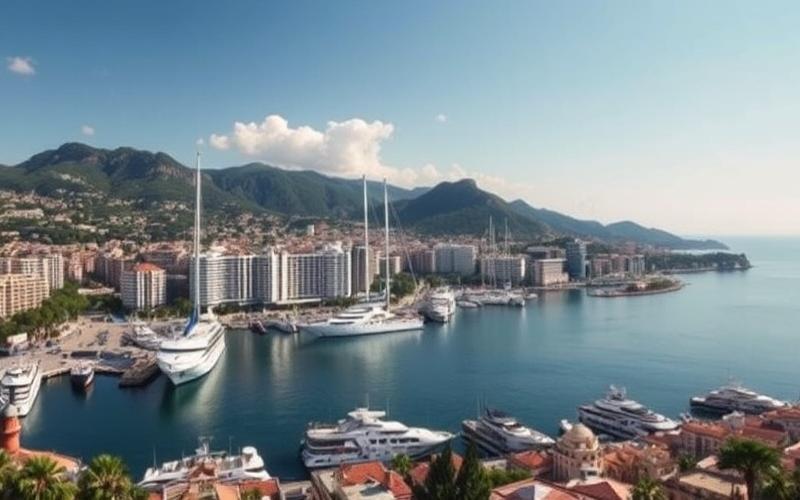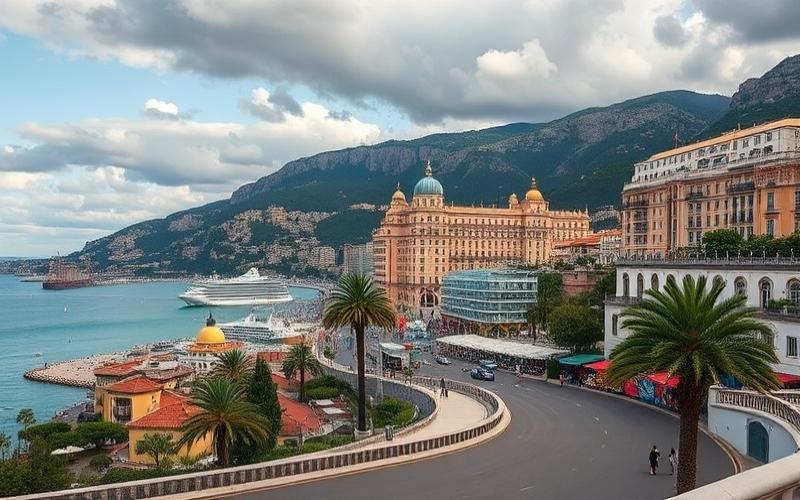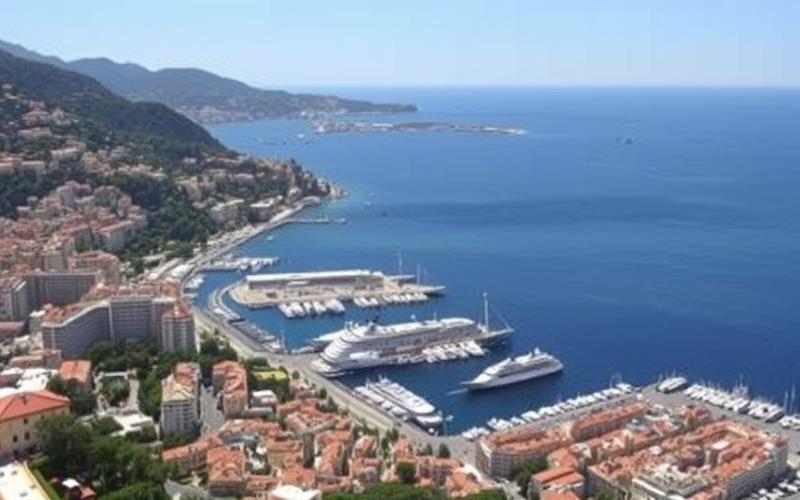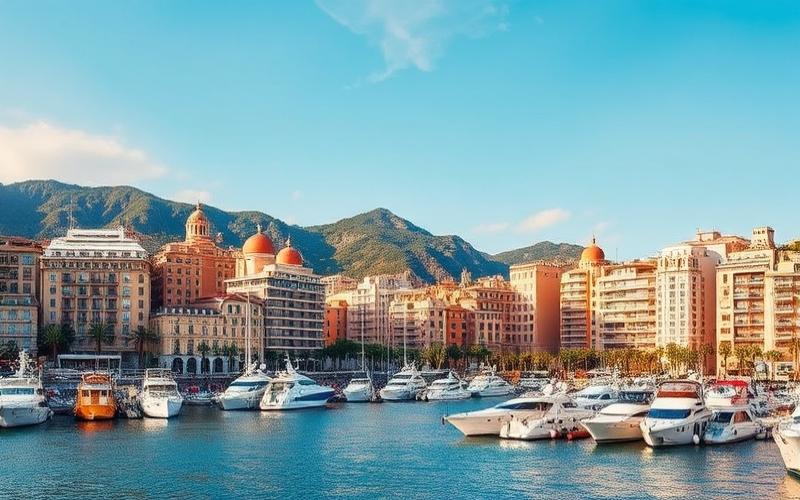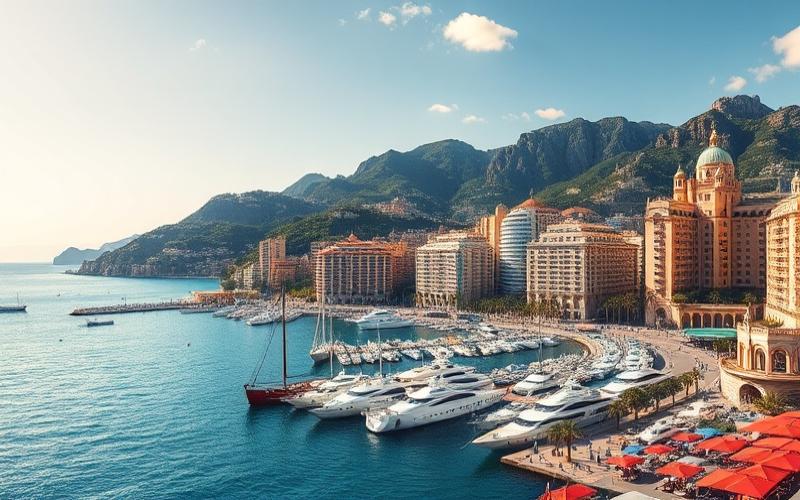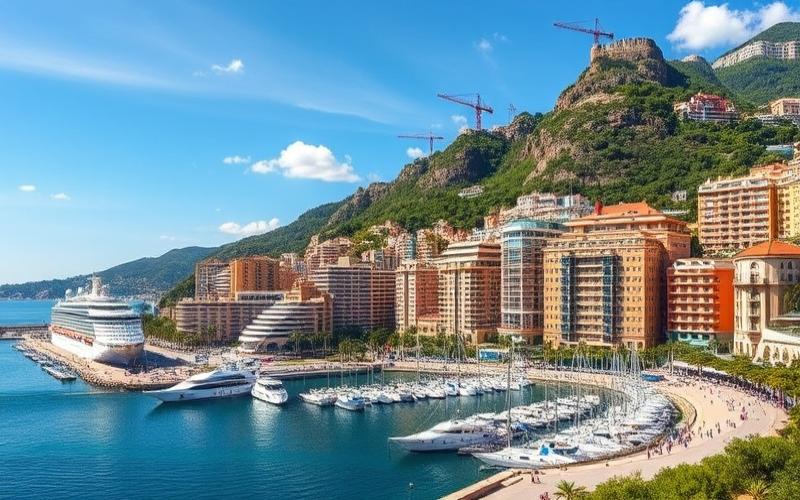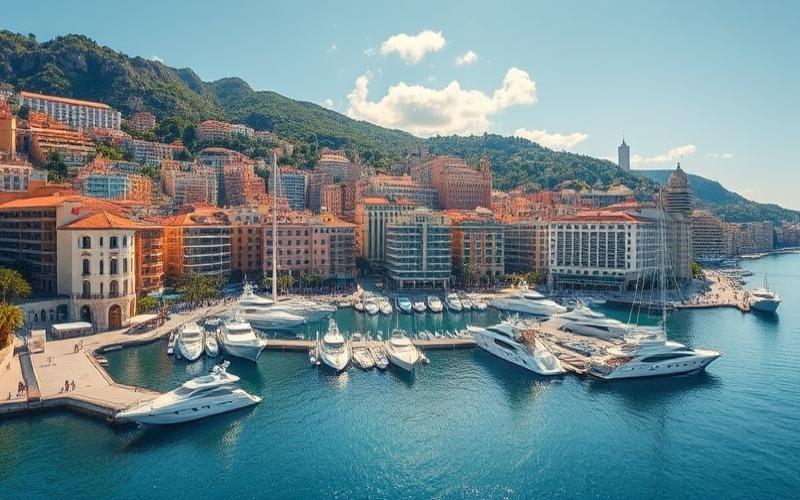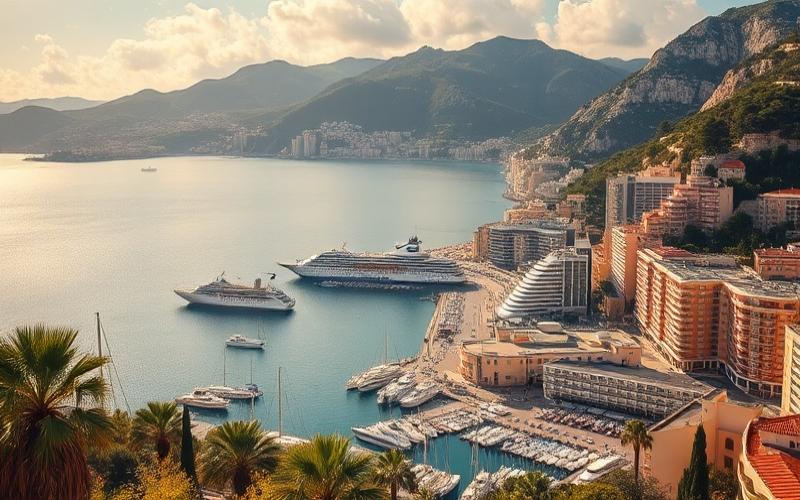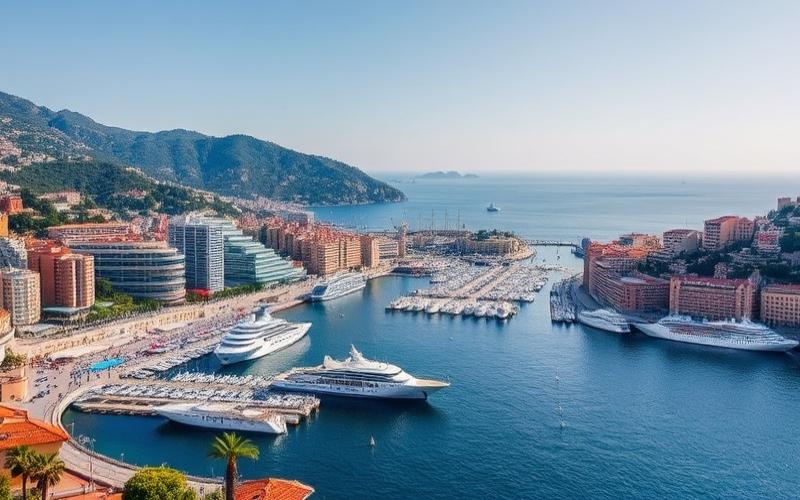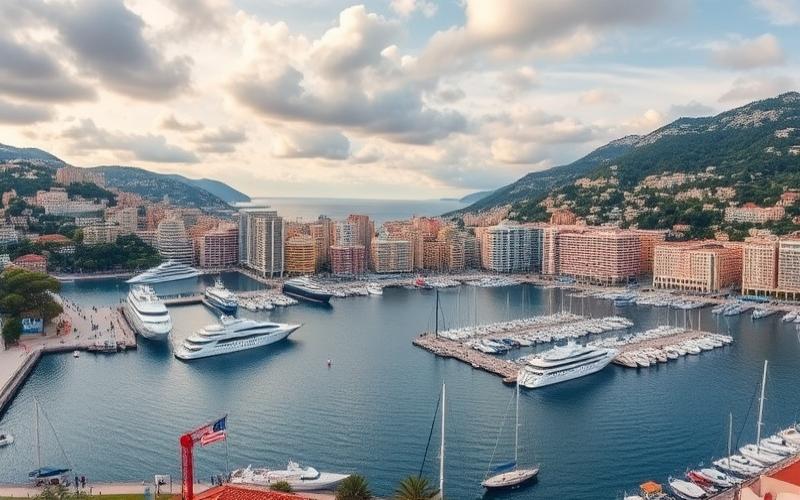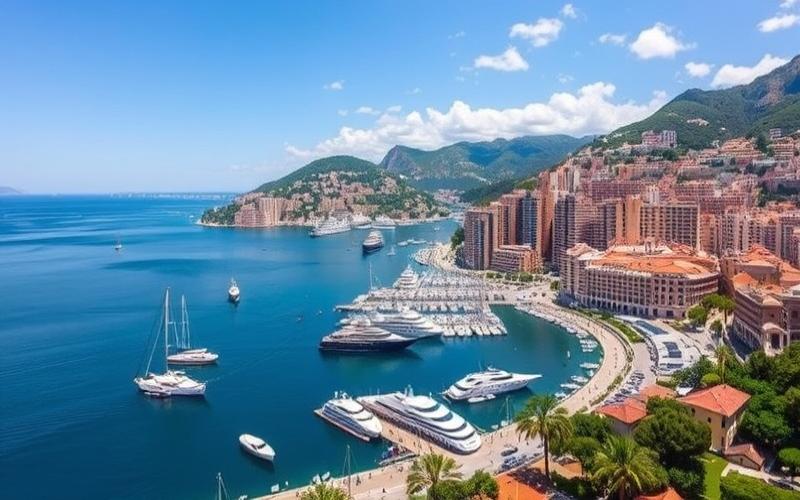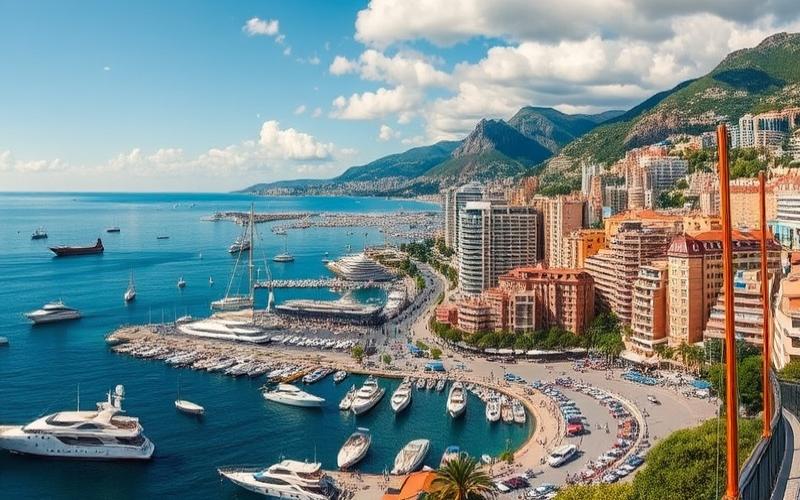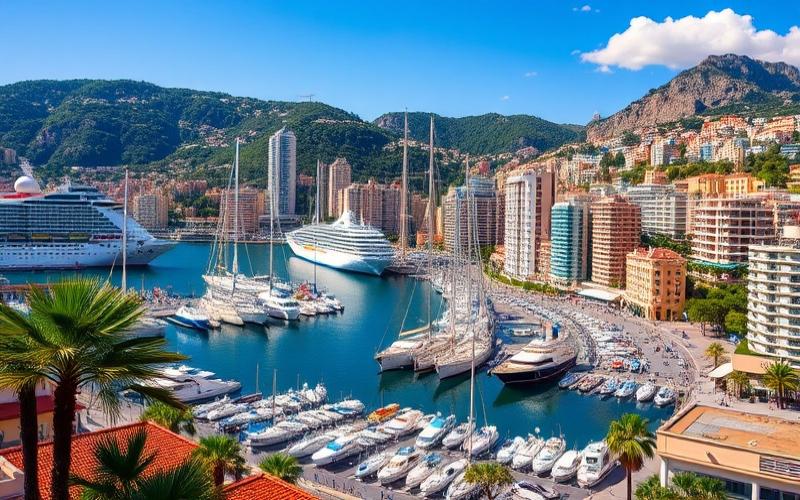
 Published on and written by Cyril Jarnias
Published on and written by Cyril Jarnias
Buying Real Estate in Monaco: Mistakes to Avoid
Buying real estate in Monaco is often seen as a prestigious and secure investment, but even in this privileged market, costly mistakes can occur.
Between property overvaluation, lack of knowledge about local regulations, and neglecting to assess additional costs, there are many pitfalls for buyers, whether they are novices or experienced.
In this article, we will highlight these common mistakes to help you wisely navigate the unique real estate market of the Principality and thus avoid future disappointments.
Good to Know:
Monaco imposes strict rules regarding real estate acquisition, especially for non-residents. Local expertise is often essential.
Pitfalls to Avoid When Buying Real Estate in Monaco
Common Pitfalls When Buying Real Estate in Monaco
- Neglecting research on the local market: The Monaco real estate market is highly competitive and particularly unique, with scarce properties and extremely high prices. Limiting yourself to a single offer or not comparing multiple options can lead to a poor choice, both financially and in terms of quality.
- Being tempted by deals that seem too good to be true: Attractive prices may hide hidden defects or legal issues. It is essential to remain vigilant against unscrupulous sellers who might conceal certain negative aspects of the property.
- Underestimating the total cost of ownership:
- Beyond the purchase price, buyers must anticipate:
- High property taxes
- Notary fees above the European average
- Condominium fees that can be particularly significant in the Principality
- Currency fluctuations (transactions in euros) can also impact the cost for foreign buyers.
- Beyond the purchase price, buyers must anticipate:
- Ignoring strict local regulations: The Principality imposes very rigorous regulations on the legal and technical compliance of real estate properties. Acquiring a non-compliant property exposes you to costly administrative complications.
| Legal Risks | Potential Consequences |
|---|---|
| Hidden defects | Costly unexpected repairs |
| Non-compliance | Delays in obtaining the title deed or inability to occupy/re-rent |
- Overlooking local professional assistance:
- Not hiring a specialized lawyer or an experienced real estate agent significantly increases the risk of error. Only these professionals are fully familiar with the specific regulatory and tax aspects unique to Monaco.
- Also be cautious of individuals claiming to be agents without the required legal status.
Systematically working with a notary AND a lawyer specialized in Monegasque real estate secures every administrative step.
Practical Tips to Avoid Rushing Due to Limited Available Properties
- Compare multiple offers before making any final decision.
- Schedule multiple visits, ideally at different times/days to fully appreciate the neighborhood, sunlight, and detect any hidden defects.
- Thoroughly inspect all technical installations (plumbing, electricity, etc.), even if they appear new or luxurious.
Checklist to Secure Your Purchase
- Accurately assess all additional fees (maintenance charges, taxes).
- Verify the administrative compliance of the property with the city hall/principality.
- Refuse any pressure for a quick decision under the pretext of scarcity; seek advice from independent local experts before any written commitment.
Monegasque real estate requires extreme vigilance and sharp professional guidance to avoid costly mistakes.
Good to Know:
When buying real estate in Monaco, avoid insufficient research on a unique and highly competitive market where every detail counts. Underestimating the total cost of ownership, including often high taxes and condominium fees, can quickly unbalance your budget. Ensure the legal compliance of targeted properties to avoid disputes due to the Principality’s strict regulations. Do not overlook the importance of local expertise; having an experienced lawyer or real estate agent can make all the difference. Finally, do not rush due to property scarcity, as this will prevent impulsive and potentially costly decisions.
Understanding the Monegasque Real Estate Market to Avoid Bad Surprises
The Monegasque real estate market is renowned for its exclusivity, record prices, and strong appeal to a wealthy international clientele. Monaco stands out as one of the most expensive markets in the world, benefiting from political stability, favorable taxation, and a dynamic economic environment. The market remains highly competitive despite a recent contraction in the number of transactions, with an average annual volume around 400-450 sales in recent years.
| Indicator | Value (2024) |
| Average new property price | €53,000/m² |
| Average resale price | €48,000/m² |
| Record observed | >€51,900/m² |
| Total sales volume | ≈€3.7 billion |
Market Specificities:
- Extremely limited supply due to the small territory area.
- Spacious apartments are particularly rare and sought after; their price per square meter exceeds that of smaller units.
- Relatively low rental yields compared to the high purchase value; the main interest lies in asset appreciation rather than immediate return.
- Neighborhoods such as Monte-Carlo concentrate a significant share of high-end transactions.
The importance of geographic location is crucial: each neighborhood has its own characteristics in terms of ambiance, accessibility, and view (sea or mountain). The price gap between neighborhoods can be substantial.
List of the Most Sought-After Neighborhoods:
- Monte-Carlo
- Carré d’Or
- Fontvieille
- Larvotto
Current Trends:
Prices continue to rise (+2 to +3% per year), driven by sustained demand despite a decrease in the total number of transactions. Supply remains limited, especially for family homes or very high-end properties. Demand mainly comes from investors seeking asset security and no income tax.
Factors influencing a potential buyer include:
- Structural scarcity that makes every opportunity interesting but also requires thoughtful consideration;
- The high amount required for any purchase;
- Extreme competitiveness during negotiations for exceptional properties;
Common Pitfalls to Avoid:
- Do not underestimate administrative complexity: Monaco has its own legal requirements for real estate acquisitions (strict banking justification, rigorous anti-money laundering checks).
- Ignore certain mandatory additional fees related to notary acts or high condominium charges.
- Rely solely on listings without verifying the actual condition of the property or obtaining all required technical guarantees.
Practical Tips:
To secure your investment:
- Imperatively collaborate with an experienced real estate agent who knows the local landscape and all Monegasque regulatory specifics.
- Systematically seek specialized legal assistance to verify all documents related to the desired property (land titles, diagnostics, etc.).
- Take the necessary time to compare multiple offers in different neighborhoods: even if the market is tight, there is always some flexibility based on your personal criteria (sea/mountain view, direct access to amenities, etc.).
Checklist for Conducting Effective Research:
- Precisely define your priority needs (size/floor/view/location)
- Establish your overall budget including all fees
- Demand total transparency on the property’s history and associated charges
- Prepare your financial proofs before any written offer
A real estate purchase in Monaco requires rigor and anticipation: surrounding yourself with the best professionals from the start not only helps avoid bad surprises but also—often—allows you to quickly seize the right opportunity in this ultra-selective micro-market.
Good to Know:
The Monegasque real estate market, one of the most prestigious and exclusive in the world, is known for its high prices and limited space, making it a competitive and complex environment. Location plays a crucial role, where even minor differences can significantly influence a property’s value. Currently, prices are on an upward trend, reinforced by land scarcity and strong international demand. This requires buyers to be particularly attentive to details, especially the unique legal and administrative implications in Monaco. To avoid bad surprises, it is essential to steer clear of common pitfalls such as neglecting legal checks or underestimating additional fees. Collaborating with experienced real estate agents is highly recommended to navigate local specifics. Thorough research, including an analysis of offers and a rigorous evaluation of available property characteristics, ensures a wise and secure investment.
Financial Mistakes Not to Make During Your Investment in Monaco
Specific Financial Mistakes to Avoid in Monaco Real Estate Investment
- Neglecting thorough research on the local market
Investing in Monaco without meticulously studying the market exposes you to the risks of buying at the wrong price or in an unsuitable area. The Monegasque market is known for its very high prices, ranging between €36,000 and €44,000/m². Not inquiring about local specifics (neighborhoods, available offers, evolution prospects) can lead to poor valuation of the purchased property. - Lacking preparation for abrupt price variations
Fluctuations in the Monaco real estate market are marked by volatility higher than in many other cities. Acquiring a property without anticipating these variations can result in a loss of value in case of a rapid market downturn. - Underestimating additional costs
- Registration and notary fees (approximately 9% of the purchase price)
- VAT applicable on certain real estate properties
- Legal costs related to compliance with specific notarial procedures in the Principality
| Cost | Rate / Estimated Amount |
|---|---|
| Registration/notary fees | ~9% of price |
| VAT | Up to 19.6% |
| Initial deposit | Approximately 10% |
- Ignoring restricted access to bank financing
Local banks are often reluctant to grant mortgage loans to non-residents or foreigners; therefore, a substantial personal contribution or alternative solutions must be planned before any commitment. - Starting without long-term financial planning
Not establishing a solid wealth strategy nor anticipating future needs (liquidity, resale) significantly increases financial risk. A lack of liquidity can force a rushed sale with potential losses.
Key Points to Secure Your Investment:
- Always conduct a comprehensive analysis of trends and cycles specific to the Monaco micro-market.
- Include all additional fees in your projected budget.
- Verify your actual borrowing capacity with local banking institutions before any offer.
- Prepare a financial reserve to handle unforeseen events related to both management and the future evolution of the property.
Surrounding yourself with local experts remains essential to avoid any harmful approximations during each decisive step.
Good to Know:
During your real estate investment in Monaco, it is crucial to avoid certain financial mistakes, such as neglecting thorough research on the local market whose dynamics and fluctuations can be abrupt and unpredictable. Do not underestimate additional costs like high taxes, legal fees, and notary charges, which significantly increase the total investment cost. Avoid financing pitfalls by being aware that access to mortgage loans for foreigners is often limited, thus requiring solid financial preparation and alternative financing options. Plan for the long term to reduce liquidity risks and do not venture into this investment without a strong financial strategy, as poor planning can seriously compromise your finances.
Disclaimer: The information provided on this website is for informational purposes only and does not constitute financial, legal, or professional advice. We encourage you to consult qualified experts before making any investment, real estate, or expatriation decisions. Although we strive to maintain up-to-date and accurate information, we do not guarantee the completeness, accuracy, or timeliness of the proposed content. As investment and expatriation involve risks, we disclaim any liability for potential losses or damages arising from the use of this site. Your use of this site confirms your acceptance of these terms and your understanding of the associated risks.

